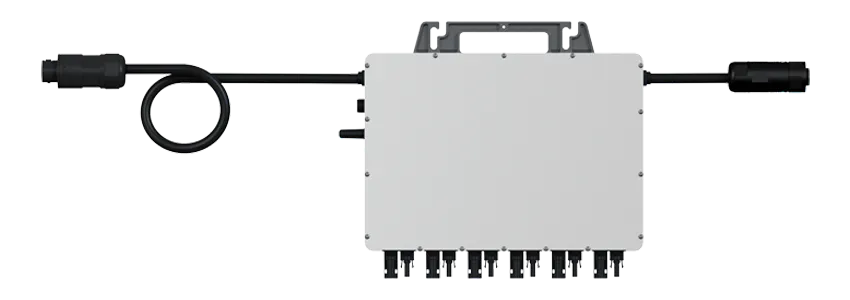Solar panels with integrated microinverters are revolutionizing the solar energy landscape, offering an impressive leap in both technology and practicality. Combining the panels with microinverters not only simplifies installation but also enhances overall system efficiency, reliability, and scalability. Here we explore this innovative solution's key advantages and how it aligns with the industry's best practices, ensuring a robust and sustainable energy future.

The primary benefit of solar panels with integrated microinverters lies in their efficiency. Traditional solar setups typically rely on a central inverter, which can significantly limit each panel's performance based on the lowest producing module. By integrating a microinverter directly into each solar panel, the energy conversion occurs independently. This allows for optimal electricity generation even if some panels are shaded or dirty, maximizing the entire system's output regardless of individual panel performance.
Installation simplicity and cost-efficiency are other compelling attributes. These integrated systems significantly reduce the time and labor typically required for solar installations. Each unit's plug-and-play design means fewer components need to be sourced and assembled, reducing complexity and potential points of failure. Consequently, this can lead to reduced labor costs and quicker deployment of solar solutions, making it an attractive option for residential and commercial users alike.

From an expertise standpoint, integrated microinverter systems often include advanced monitoring capabilities. These systems provide real-time data on performance metrics at the individual panel level rather than the system as a whole. This nuanced insight allows for proactive maintenance and rapid problem resolution. Solar energy professionals can quickly identify and address issues, ensuring the system operates at peak efficiency.
In terms of reliability,
integrated microinverters contribute greatly to a system's resilience. Traditional string or central inverters present a single point of failure; if the inverter fails, the entire system is compromised. In contrast, in a microinverter system, if one inverter fails, only the associated panel is affected, and the rest of the system continues to function efficiently. This decentralized approach not only enhances reliability but also protects against potential energy production losses, further emphasizing the system's robustness.
solar panels with integrated microinverter
Scalability is a crucial factor for any sustainable solar installation, and integrated microinverters excel in this area. Adding more panels to expand an existing system is a seamless process, requiring no additional components other than the panels themselves. This flexibility is beneficial for both novice users looking to gradually increase their solar capacity and large-scale solar farms aiming to expand sustainably without major system overhauls.
Authoritativeness in the market is reinforced by the growing trend towards integrated systems in the renewable energy sector. Leading manufacturers and solar energy providers are increasingly adopting this technology, recognizing the critical advantages it offers in terms of energy efficiency and operational reliability. With technological advancements and continuous improvement, these integrated solutions stand at the forefront of innovation, setting industry standards.
Trustworthiness remains paramount, and these integrated systems offer enhanced safety features compared to traditional setups. By converting the solar power directly at each panel, the voltage levels are kept significantly lower across the system, reducing the risk of electrical hazards. This intrinsic safety feature further complements the overarching reliability of microinverter systems, providing users with the peace of mind that their solar installation is safe and dependable.
In conclusion, solar panels with integrated microinverters offer a highly efficient, reliable, and scalable solution for harnessing solar energy. By addressing traditional system limitations and leveraging cutting-edge technology, these integrated systems offer a powerful proposition for both residential and commercial applications. As the demand for renewable energy continues to rise, these systems provide a forward-thinking approach that meets the industry's highest standards for expertise, reliability, and trustworthiness. As solar technology continues to evolve, integrated microinverters are poised to become a cornerstone of the solar energy industry, supporting a versatile and sustainable energy future.
 LEARN DETAILS
LEARN DETAILS



